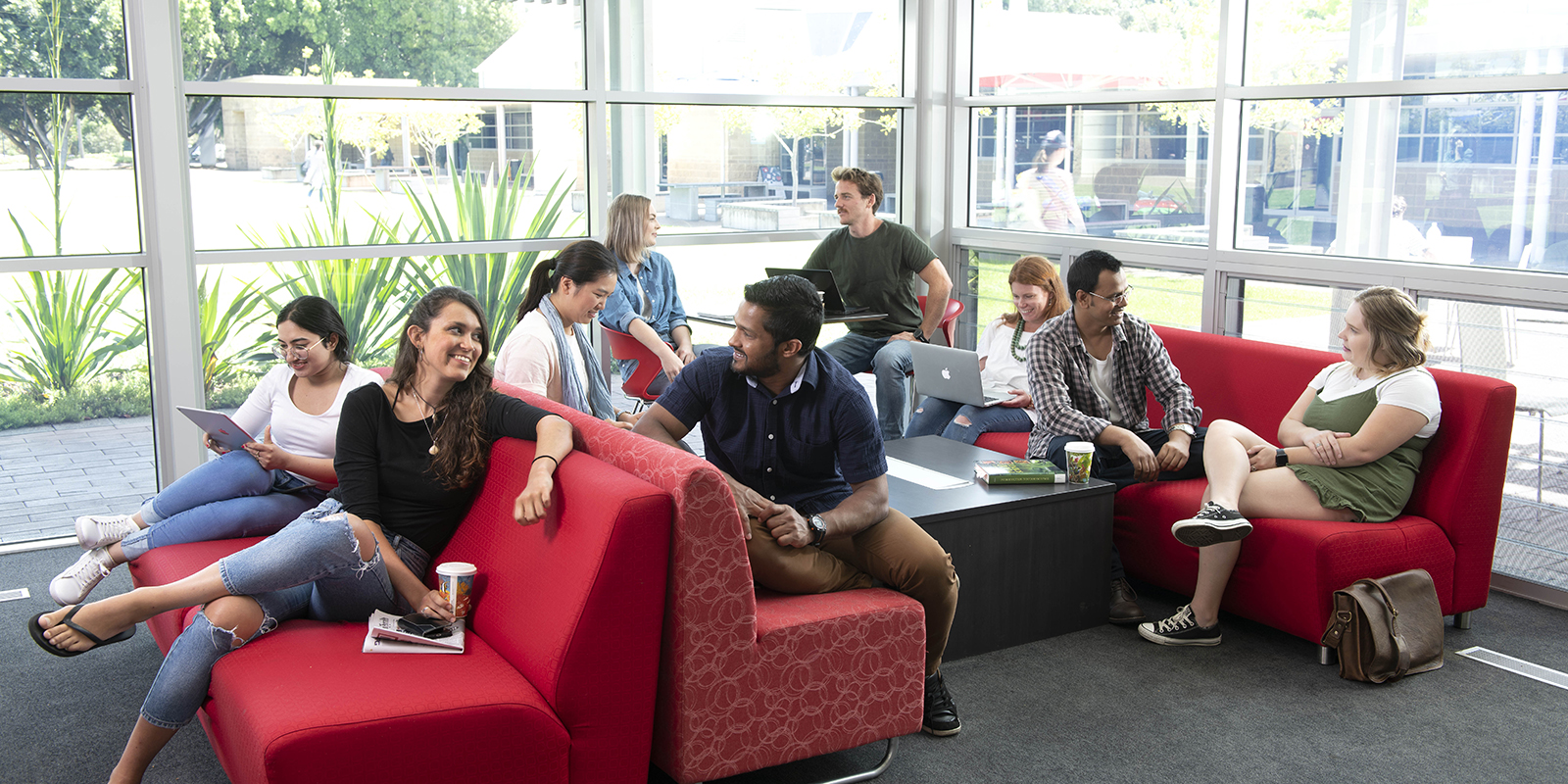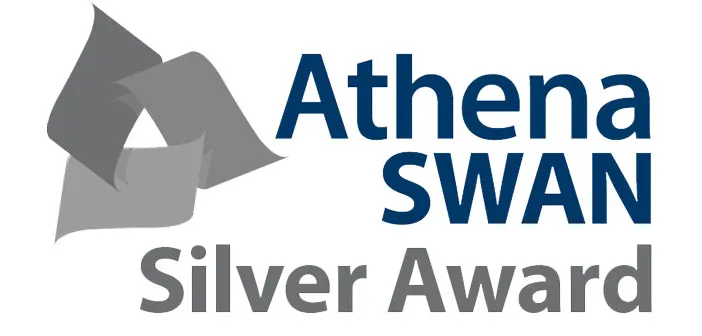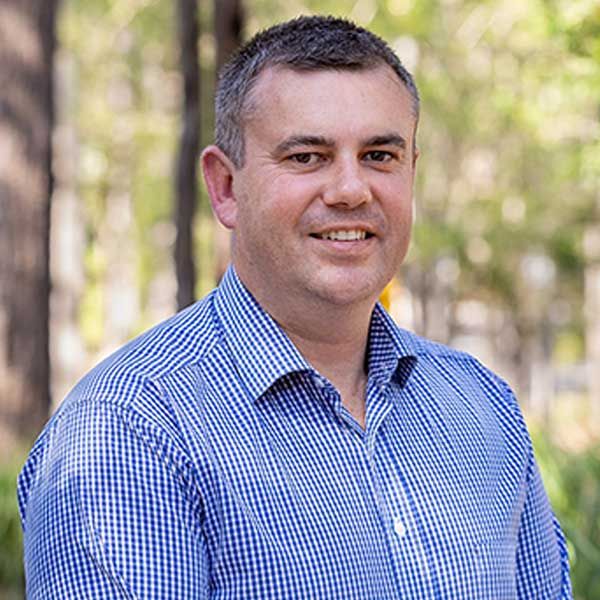
Everyone has the right to participate, engage and contribute.
SAGE Athena Swan
Bronze-Cygnet-Silver Pathway

We are proud to be one of the first two Universities in Australia to achieve SAGE Athena Swan Silver Accreditation for gender equity, diversity, and inclusion (GEDI). This is an international award that reflects our efforts in this area undertaken since 2018, when we launched our Bronze Action Plan. Over the past seven years, we have been systematically working to implement our gender equity strategy and we have benchmarked our progress through rigorous, peer reviewed evaluation.
On our journey from Bronze to Silver status, we were the first university in Australia to achieve all five Cygnet awards for taking action and lowering barriers for our staff and students to improve attraction, progression, and retention rates across the institution and in our local communities. We specifically addressed the following:
- Difficulty attracting and recruiting female students and academic staff into the College of Engineering, Science and Environment
- Career Development Support
- Indigenous Cultural Competency
- Supporting Carers
- Inconsistent Workload Allocation.
As part of the Silver Application, we undertook extensive qualitative evaluation to assess the overall progress and impact made since Bronze. This allowed the University to deepen its understanding of where progress had been made, but also where there is more work to do. This future work has been captured as the University’s Silver Action Plan which will be delivered over the next 7 years.
Athena Swan Silver Application
- Athena Swan Silver Action Plan (PDF, 285.5 KB)
- Silver Award Application - August 2024 (PDF, 18.9 MB)

The significance of this award is profound as it recognises a commitment to being inclusive and equitable – characteristics that are at the core of this institution."
Alex Zelinsky AO
Vice-Chancellor, Professor
Vice-Chancellor’s Athena Swan Cygnet Awards Fund
To support the Cygnet areas and the broader goals of gender diversity and inclusion, the Vice-Chancellor's Athena Swan Cygnet Award Fund was established. The successful projects are as follows:
- ‘Understanding women’s progression in higher education: An intersectional analysis of gender equity’ (Academic Lead: Prof. Penny-Jane Burke). This project will produce an intersectional framework as a resource to guide longer-term collection and analysis of data, designed to address questions about progression of women in underrepresented areas.
- ‘How gendered factors burden women through workload allocation’ (Academic Leads: Prof. Thomas Nann and Prof. James McCoy; Professional Lead: Nicole Latham). This project will align with the centralised workload project currently underway through the application of a gender-lens to data to identify potential bias areas or practices that impact women such as recognition of service roles, pastoral care and outreach work.
- ‘Defining and measuring success in tailored development programs for academics’ (Academic Lead: A/Professor Hannah Power; Professional Leads: Lisa Rochow and Jo Dixon). This project will look at what ‘success’ looks like for tailored development programs for women and how impact is measured beyond standard metrics.
- ‘Do female targeted recruitment strategies move the dial? Lessons from an Enabling Change pilot initiative (Academic Lead: Prof. Regina Berretta; Professional Lead: Nicola Barwell). This project will analyse the outcomes of the University’s female targeted recruitment strategy and reflect on learnings from implementation.
- ‘She Can Build’ – An out(fit) project (Academic Leads: Dr Liyaning Maggie Tang and Prof. Sue Anne Ware). This project will develop a resource to be used by the social services sector (predominately female led industry) to navigate and manage projects, while providing opportunities to women and girls to have hands-on experience and engage with the design and construction activities that are traditionally male dominated.
Athena Swan principles
As an Athena Swan member, we are committing to a progressive charter and ten key principles which we will adopt within our policies, practices, action plans and culture.
- Ensure that gender equity, diversity and inclusion work is appropriately resourced, distributed, recognised, and rewarded.
- Undertake transparent and rigorous self-assessment processes, analysing institutional structures, systems, and cultures to identify the barriers to attraction, retention and progression for staff and students, and thus to gender equity, diversity and inclusion.
- Design initiatives based on institutional data, and national and global evidence of best practice.
- Monitor, evaluate, and publicly report on progress made, challenges experienced, and impact achieved, to inform continuous improvement.
- Actively incorporate Indigenous knowledges and perspectives to address the specific inequities and injustices experienced by Aboriginal and/or Torres Strait Islander staff and students.
- Consciously consider all genders, recognising that gender is not binary, and that trans and gender diverse people face specific inequities because of their gender identities.
- Take an intersectional approach to advancing gender equity, diversity and inclusion, recognising that people of any particular identity are not a homogeneous group.
- Engage with those most impacted by inequitable practice to proactively redesign and reshape structures, systems and culture.
- Increase the safety and wellbeing of staff and students by proactively and transparently preventing and responding to bullying, harassment, sexual harassment, gender-based violence and discrimination.
- Embed change in institutional governance and accountability structures; actively and visibly champion and promote gender equity, diversity and inclusion in our Institutions, the Athena Swan community, and across the sector; and hold ourselves and other senior leaders accountable for driving sustainable transformational change.
As per the Athena SWAN accreditation program, in 2016 a self-assessment team, consisting of academic and professional staff and students, was established at the University of Newcastle and spent two years collecting and analysing data to identify gender and diversity issues within the organisation. In March 2018, the team submitted an application for Bronze accreditation.
Accreditations and exemptions
- University of Newcastle Exemption (PDF, 414.2 KB)
- BFW eFlyer for accredited organisations (PDF, 904.5 KB)
